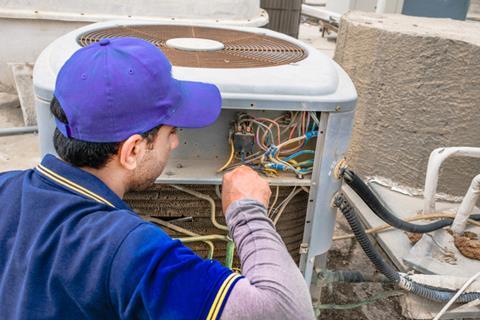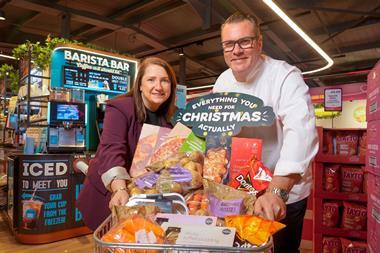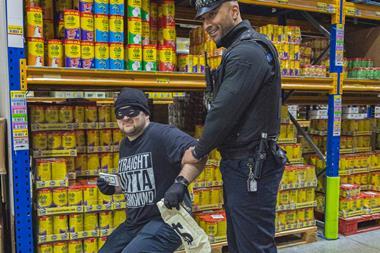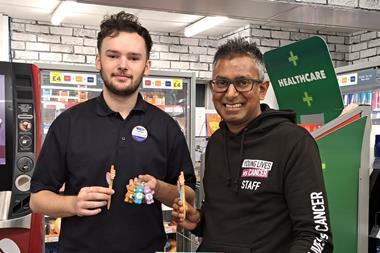
Hot weather often means hot sales, but it can also result in a spike in chiller breakdowns, meaning lost stock, lost sales and eye-watering repair costs. With the Met Office issuing a four-day amber extreme heat warning for southern and central England and parts of Wales from midnight on Thursday until Sunday, many retailers’ refrigeration is likely to be tested to its limits. Convenience Store caught up with some switched on retailers to find out what practises they put in place to minimise equipment breakdowns and disruption during the last bout of hot weather.

Premier retailer Serge Notay, who owns Notay’s Convenience Store in Batley, West Yorkshire, has saved hundreds of pounds, by learning how to reboot an over-heated condenser unit. “If you have to get somebody out it’s £150 a time, so we learnt how to fix them ourselves,” he says. “It’s a trick we’ve learnt over the years. We take the front cover off and press the reset button, put the cover back on and spray the back of the condenser where the grills are with cold water. That cools it down, then it should fire up, or if not we press the reset button again.” The tactic has saved him the bother of calling out engineers and losing stock on numerous occasions. “We had to do it about four times over the last heatwave. If I had to call someone out four times, that’s £600!”

Phil Dickson, managing director of Empire Group, which comprises 40 stores in the North West and North East of England, knew that he’d have issues with chillers when the temperatures soared.
“[Some of] our condenser units outside at the rear of the property are south facing, so they’re in the sun all day. They’re trying to cool the kit and they’re boiling themselves - it just doesn’t work,” he says. So Phil planned ahead and hired an engineer for the hot days. “We preempted it so we had a guy ready to go all day running between the stores,” he says. He claims that the guy was “run ragged” but Phil’s approach meant help was at hand when machinery failed.

Spar retailer Julian Taylor-Green, who owns two Spar stores in Hampshire and Staffordshire, put in plenty of prep work to try and reduce equipment failures. “From an equipment point of view, we were able to brace ourselves for the high temperatures,” he says. “Because we knew what we were facing we could make sure everyone was aware and staying on top of it.”
He had already given one store’s chillers a maintenance check in the run up to the hot weather. “One of the units went down in Lindford the week before the heatwave, so we took the opportunity then to get them checked, clean the vents and do bits and pieces like that.”
When the temperatures rose, Julian’s teams were instructed to pull blinds down on the cabinets during the day if necessary.
He also took measures to reduce the chances of his plant equipment overheating. “In Stafford, the plant is all out the back. It’s in a walled plant room with no roof on. Normally we lock the door to it, but the door was left open, and a tarpaulin was put across the top of it to stop the real heat of the sun going on to the pack,” he explains.
In addition, air conditioning was left on for longer periods of time and doors were left open and the team were told to check temperatures regularly.
The food to go cabinet had gone up to 8-9 degrees, so staff were probing the food to make sure it was the necessary temperature inside.
Despite his best efforts, there were still a couple of casualties, with Stafford’s fresh cream cake unit going down, while Lindford’s food to go chiller was put out of action. But the situation could have been far worse were it not for the preventative measures he had put in place.
“It’s not easy in a normal year, but when you get these extremes it’s even more of a challenge,” he says. “You just have to manipulate things as best you can and keep monitoring the temperatures all day every day and acting as you can as soon as you can.”
































1 Readers' comment